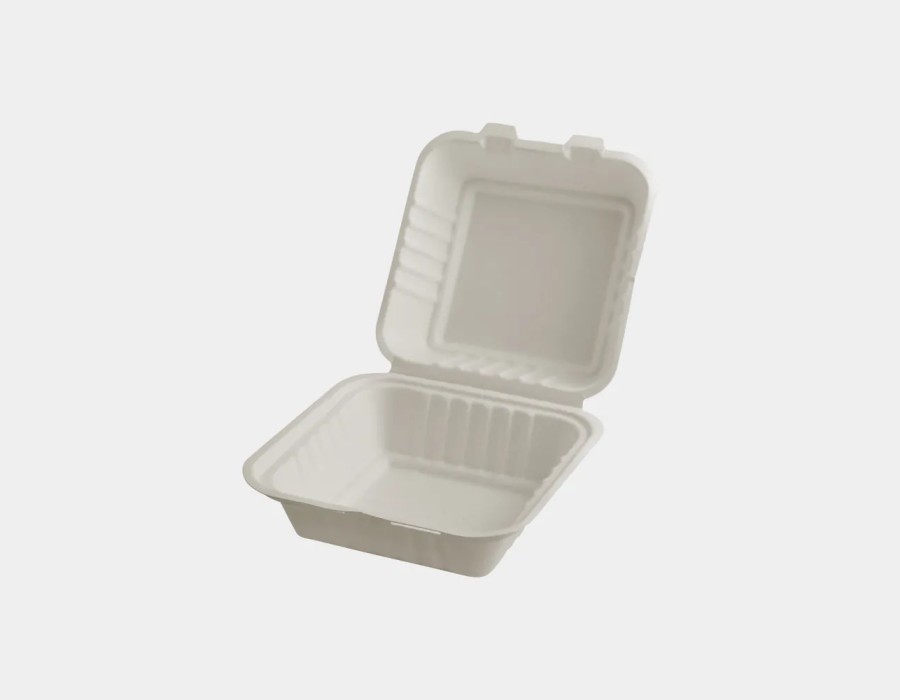As the global demand for sustainable solutions grows, the future of biodegradable food container manufacturers looks promising. With increasing awareness about environmental issues and stricter regulations against plastic waste, this industry is poised for significant growth and innovation. Here's a closer look at the trends and opportunities shaping the future of biodegradable food containers.
Rising Demand for Eco-Friendly Packaging
Consumers and businesses are actively seeking alternatives to plastic packaging. Biodegradable food containers cater to this demand by offering sustainable and functional options. The food delivery and takeaway sectors, in particular, present a massive opportunity for manufacturers to expand their market share.
Government Policies Driving Adoption
Many governments worldwide are imposing bans on single-use plastics and encouraging using biodegradable materials. These regulations create a favorable environment for manufacturers to thrive and innovate in eco-friendly packaging solutions.
Innovation in Material Science
The future will see advancements in materials used for biodegradable containers. Manufacturers are exploring novel raw materials like agricultural waste, seaweed, and other plant-based compounds. These innovations aim to enhance product durability, heat resistance, and cost efficiency.
Growth of Composting Infrastructure
As composting infrastructure expands, adopting biodegradable food containers becomes more feasible. Manufacturers can collaborate with waste management facilities to promote proper disposal methods, ensuring their products contribute to a circular economy.
Customization and Branding Opportunities
The demand for personalized and branded packaging is increasing. Biodegradable food container manufacturers can leverage this trend by offering customizable designs and printing options, allowing businesses to showcase their commitment to sustainability.
Expanding Global Markets
Emerging economies in Asia, Africa, and South America are beginning to prioritize sustainability. These regions offer untapped markets for biodegradable food container manufacturers to expand their presence and cater to a growing eco-conscious consumer base.
Emphasis on Cost-Effective Production
One of the industry's challenges is competing with the affordability of plastic packaging. Manufacturers invest in research and development to optimize production processes, reduce costs, and make biodegradable containers more accessible to small and medium-sized businesses.
Integration of Smart Packaging Technologies
The future of biodegradable food containers may also include smart features, such as embedded sensors to monitor food freshness or temperature. Combining sustainability with technology can add value for consumers and businesses alike.
Collaboration with Food Industry Leaders
Partnerships between manufacturers and major food brands can drive innovation and adoption. By working together, they can develop tailor-made solutions that meet specific industry needs while supporting sustainability goals.
Educating Consumers and Businesses
Raising awareness about the benefits of biodegradable containers and proper disposal methods is essential for widespread adoption. Manufacturers can invest in educational campaigns to inform their customers and stakeholders about the environmental and economic advantages of these products.
Conclusion
The future for biodegradable food container manufacturers is bright, with opportunities to lead the charge in sustainable packaging. By embracing innovation, expanding into new markets, and fostering collaborations, these manufacturers can play a pivotal role in reducing plastic waste and creating a greener planet. With continued efforts, biodegradable food containers will become a cornerstone of eco-friendly living and business practices worldwide.





Comments